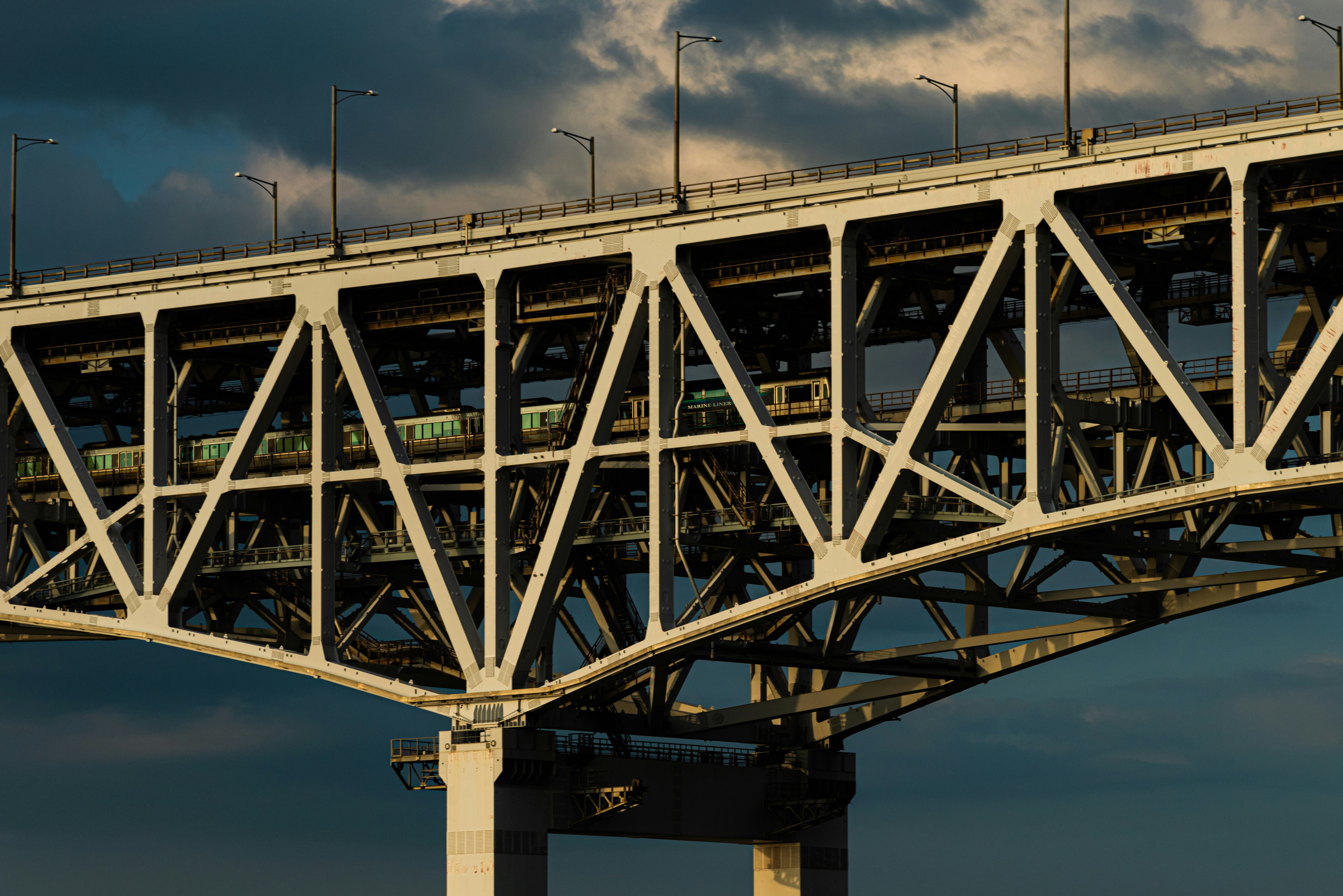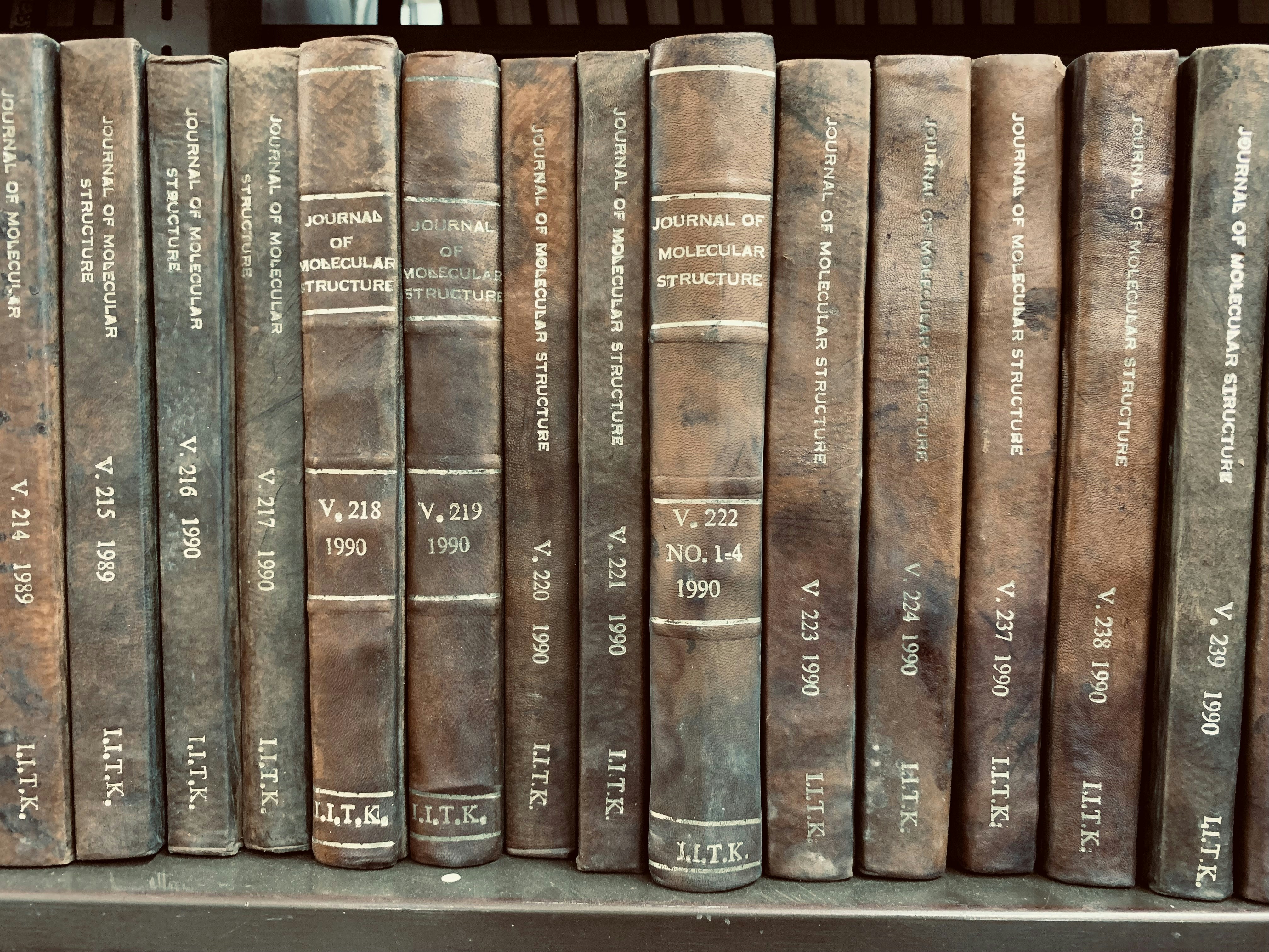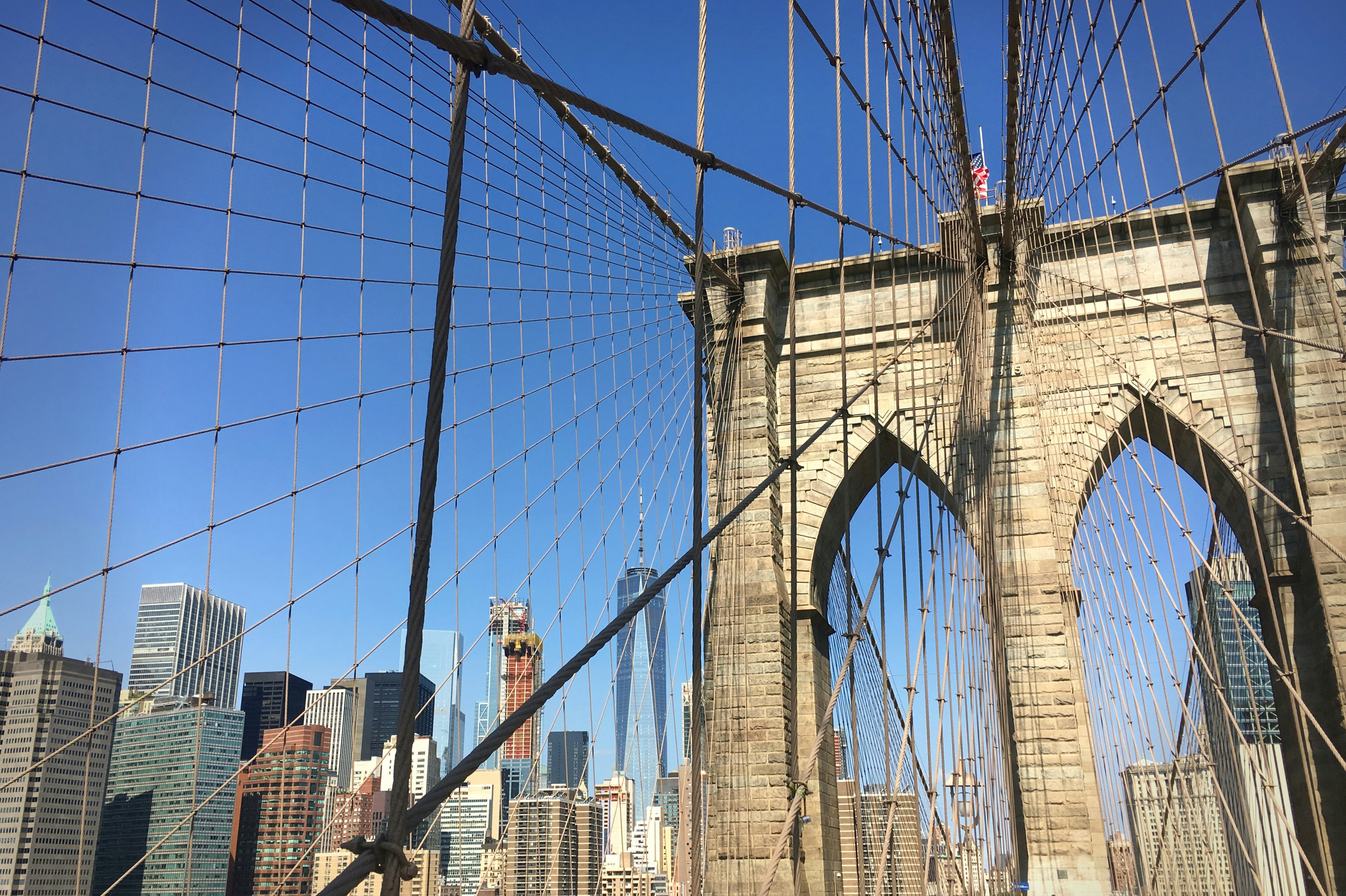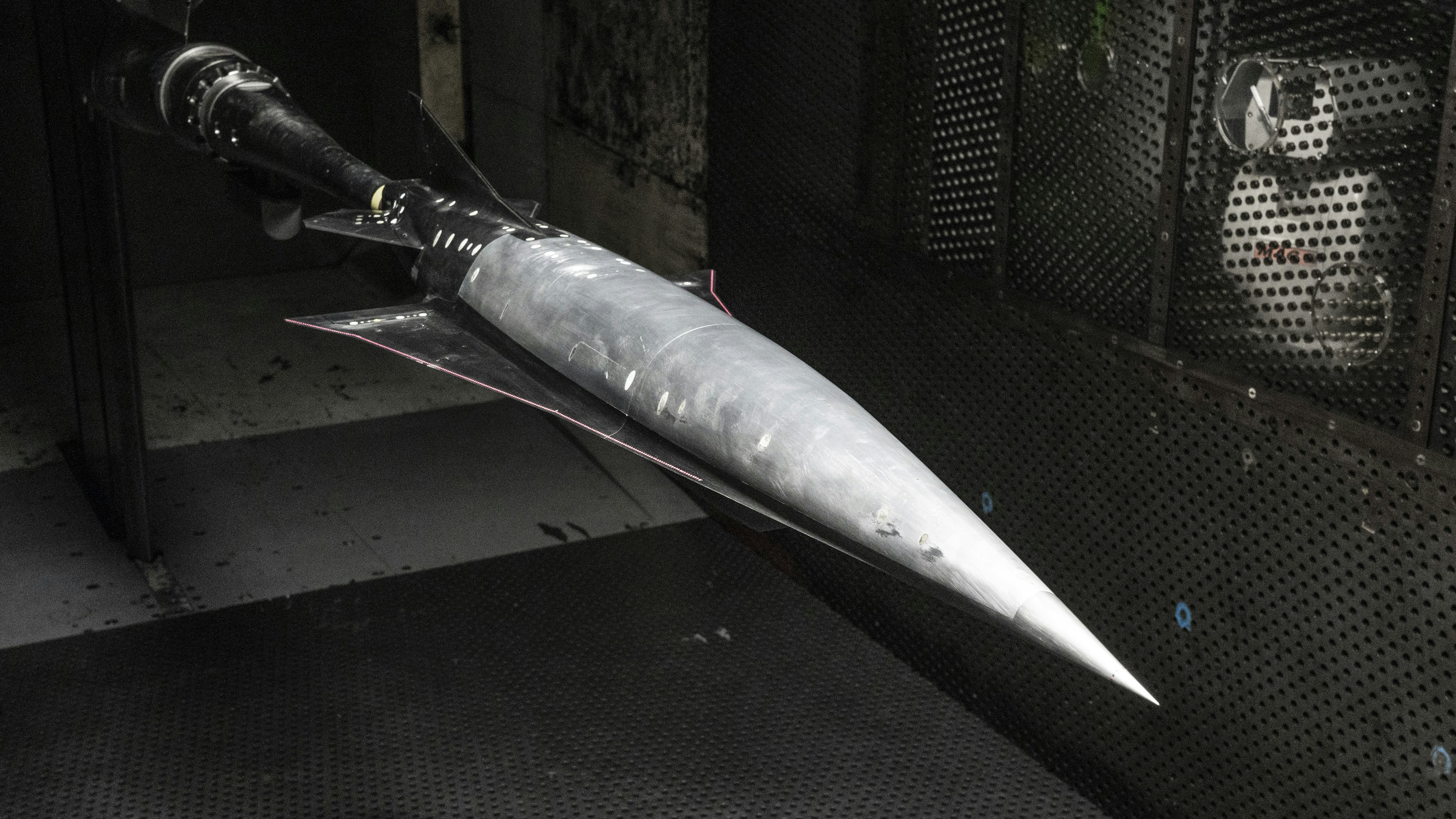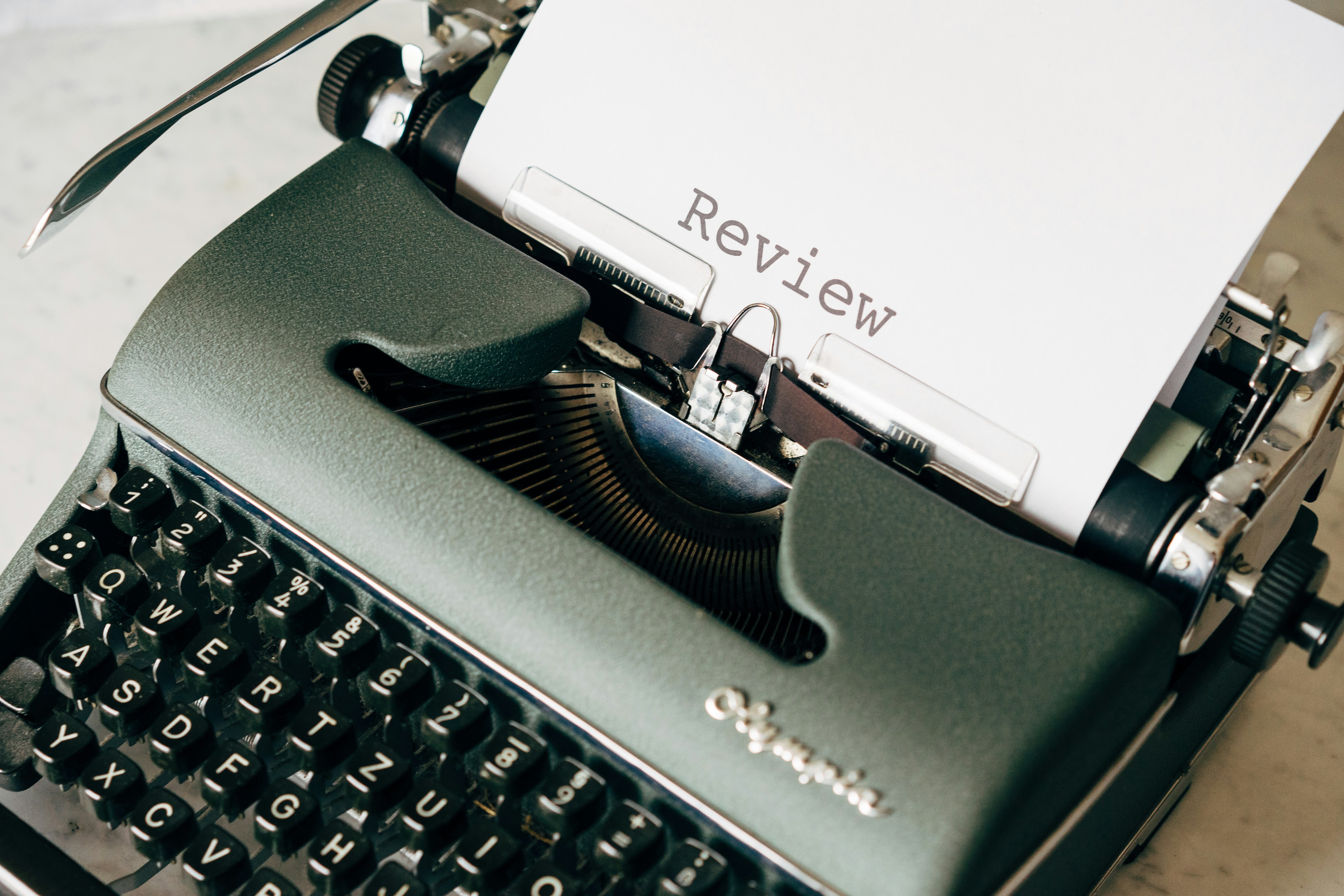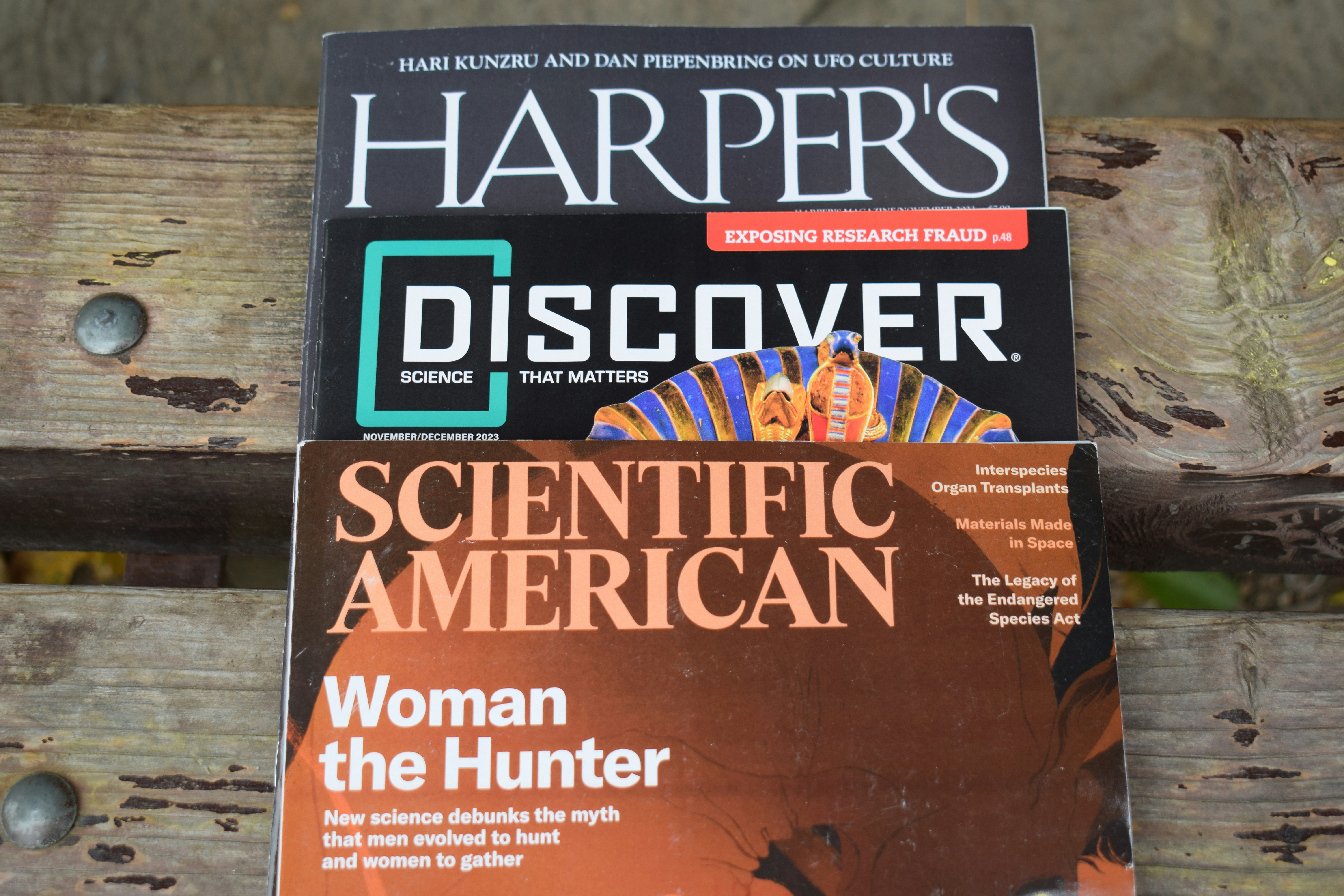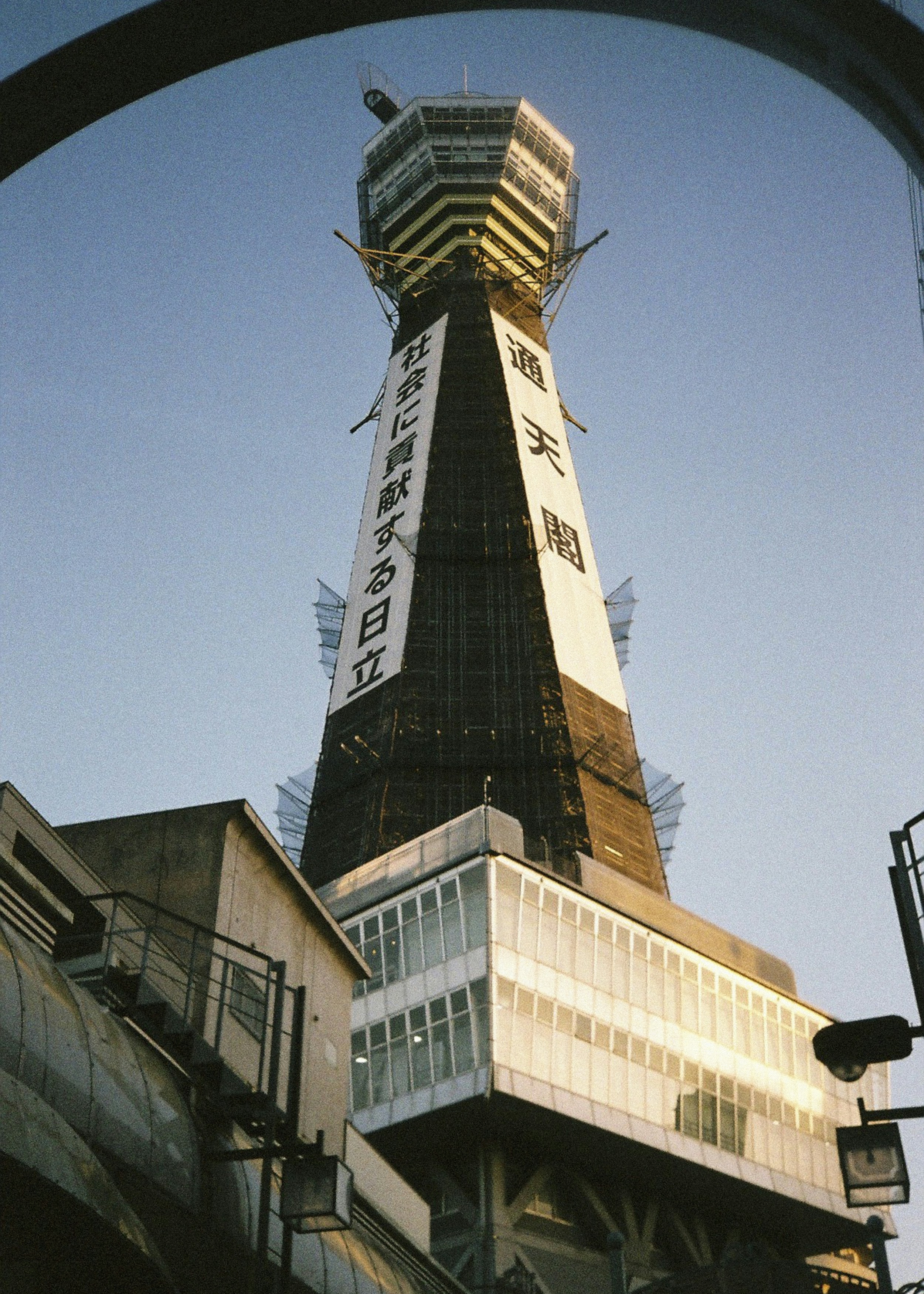Latest posts
-
The Innovative Mind of Robert Maillart: Pioneering the Three-Hinged Arch Bridge
The Legacy of Robert Maillart Robert Maillart, born in 1872 in the Swiss city of Bern, was a seminal figure in the world of civil engineering, particularly known for his revolutionary contributions to bridge design. His early life was marked by a strong inclination toward engineering, nurtured by an educational background that culminated in a…
-
The Rise of Hidden Machine Text: Adapting Journal Screening Protocols
Understanding Hidden Machine Text Hidden machine text refers to text generated by artificial intelligence (AI) algorithms that is often seamlessly integrated into various forms of written communication, particularly in academic and scientific publications. As machine learning and natural language processing technologies have evolved, they have become increasingly capable of producing human-like text, leading to a…
-
Understanding the Self-Correction Limit in Engineering Journals
What is a Self-Correction Limit? The concept of a self-correction limit within engineering journals refers to a predefined policy that facilitates the correction of errors in published research articles. Self-correction, in this context, denotes the ability of journals to recognize, amend, and clarify inaccuracies found in scientific literature post-publication. This process is crucial as it…
-
What to Do with Your Uncited Papers: A Guide for Researchers
Understanding the Uncited Backlog In the realm of academic publishing, uncited papers are those scholarly works that have not been referenced by subsequent publications. Despite the potential value and contributions these works may hold, they often find themselves relegated to obscurity. The phenomenon of uncited papers raises important questions about publication impact, dissemination, and visibility…
-
Emily Roebling: The Uncredited Chief Engineer of the Brooklyn Bridge
Introduction to Emily Roebling Emily Warren Roebling, an influential figure in engineering history, was born on September 23, 1843, in Cold Spring, New York. She was the daughter of John A. Warren, an accomplished engineer. Growing up in an environment enriched by engineering and design principles, she demonstrated an early interest in mathematics and the…
-
Essential Guidelines for Editors: Preventing Plagiarism Flags in Your Publications
Understanding Plagiarism: What Editors Need to Know Plagiarism is a serious ethical violation that can undermine the integrity of any publication. At its core, plagiarism refers to the unauthorized use or representation of someone else’s work, ideas, or expressions as one’s own. It manifests in various forms, including direct copying, paraphrasing without attribution, and self-plagiarism,…
-
The Wright Brothers’ Wind Tunnel: Pioneers of Flight Engineering
Understanding Lift and Drag In the realm of flight engineering, two fundamental concepts govern the ability of an aircraft to ascend and maintain altitude: lift and drag. Lift can be understood as the upward force that counteracts the weight of the airplane, enabling it to rise into the sky. This force is primarily generated by…
-
Navigating the Reviewer Dilemma: Finding Balance in Peer Review
Understanding the Reviewer Dilemma The reviewer dilemma is a prevalent issue faced in the academic publication process, where two or more peer reviewers present conflicting opinions on the same manuscript. This scenario often occurs when reviewers possess distinct areas of expertise, personal biases, or varying interpretations of research significance and methodology. For instance, consider a…
-
The Reviewer Blacklist: 3 Behaviors That Guarantee a Reviewer Is Never Invited Back by Science Editors
Understanding the Reviewer Blacklist The concept of a reviewer blacklist plays a crucial role in the landscape of academic publishing, particularly within the peer review process. Science editors maintain these lists to ensure integrity, fairness, and constructive feedback in scholarly evaluations. A blacklist typically comprises reviewers whose behavior has proved detrimental to the review process,…
-
Tokyo Skytree’s Earthquake Defense: A Marvel of Engineering
Introduction to Tokyo Skytree The Tokyo Skytree, standing at an awe-inspiring height of 634 meters, proudly holds the title of the tallest tower in the world. Completed in 2012, this architectural marvel not only dominates the skyline of Tokyo but also serves as a pivotal broadcasting and observation tower. The design of the Skytree is…
